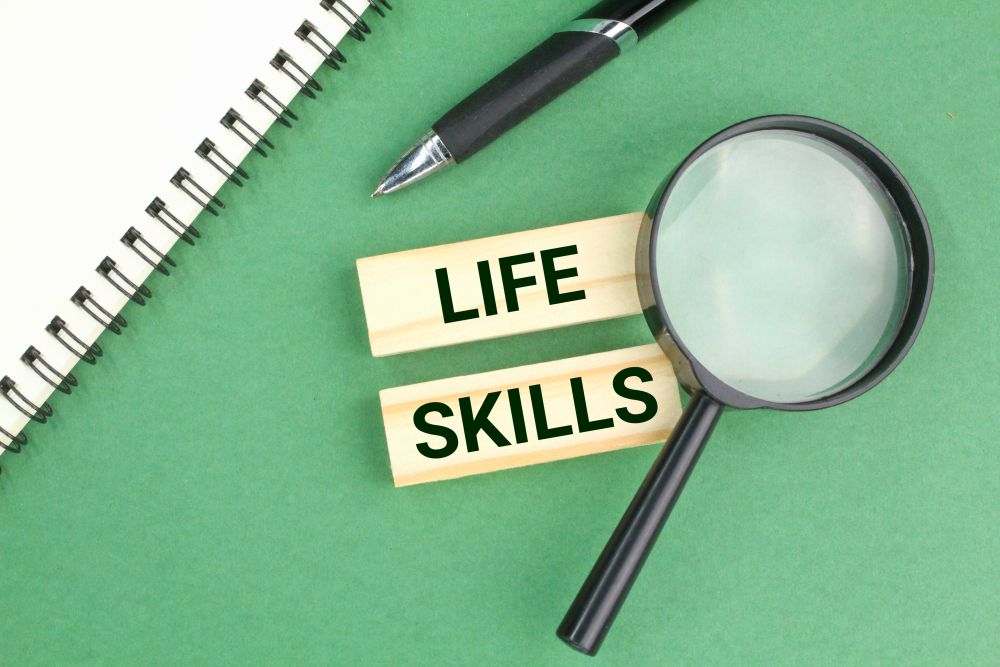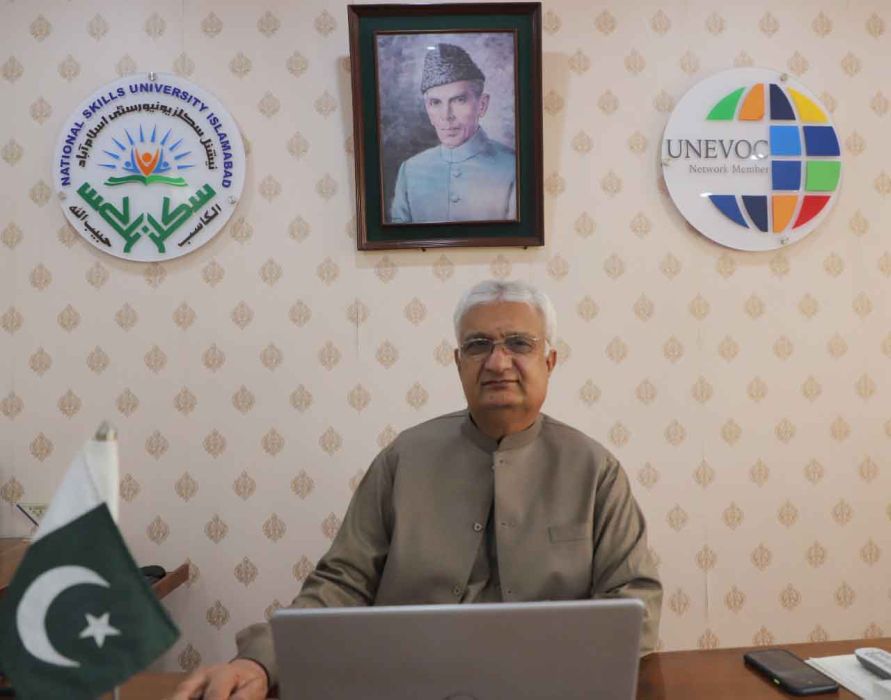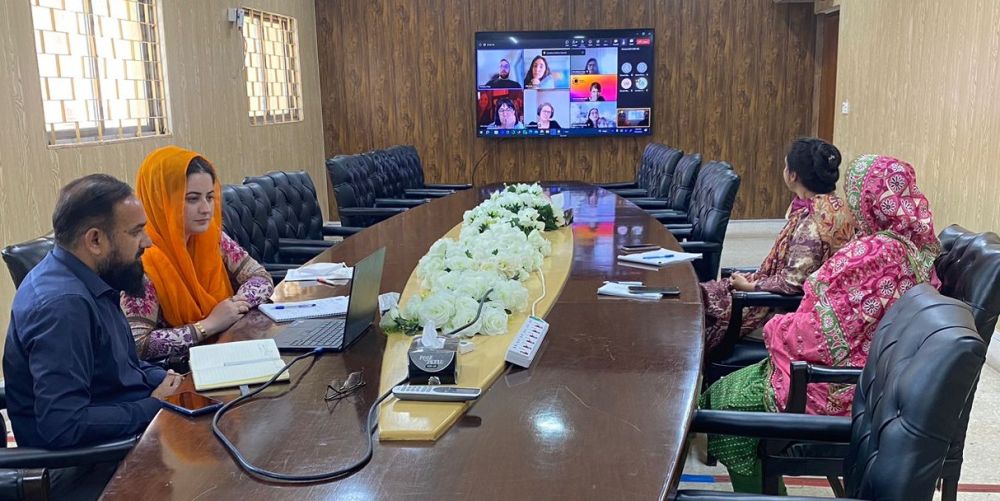153/25 🧭 Beyond Classrooms: Empowering Youth With Life Skills to Survive in Challenging Societies
Posted 6 months ago
In today's fast‑moving world, schools are often blamed when societal issues arise. But education alone can't tackle problems rooted in economic disparity, social fragmentation, or institutional neglect. Understanding this dynamic is crucial and powerful for young people eager to thrive.
1. Recognize Education Isn't the Only Remedial Measure
Education is vital, but it doesn't exist in a vacuum. Schools reflect societal strengths and failures. Scholars believe that when core institutions misalign with societal needs, latent dysfunctions appear, creating unemployment, inequality, and disillusionment.
Advice: Don't blame yourself or your environment if traditional schooling falls short. Instead, acknowledge broader issues like unequal resource distribution or rigid curricula, and strategize around them. For instance, if you're in a school with limited resources, you could strategize to supplement your learning with online resources or community programs.
2. Youth Must Develop Skills Beyond the Syllabus
When education falters, self‑direction matters. Today's youth must proactively fill gaps in:
- Critical thinking & creativity are essential in navigating misinformation and complex challenges.
- Emotional intelligence & resilience, to handle stress and adapt to change.
- Real‑world skills include financial literacy, problem‑solving, and learning how to learn.
Advice: Diversify your toolkit, take online courses in coding, public speaking, personal finance, or mental wellness. View school as one resource, not the only one.
3. Channel Dysfunction into Opportunity
Societal issues like institutional inefficiency or community breakdown can become platforms for innovation. Think:
- Community action: starting neighbourhood cleanups, peer‑mentoring groups, or mental‑health support initiatives.
- Creative outlets: launching blogs, podcasts, or community art projects directly addressing local issues.
These projects build leadership experience and social capital, on par with internships or academic achievements.
Advice: Identify a local issue you care about. Even small, daily solutions like organizing a tutoring circle can build skills such as leadership, communication, and problem-solving, and signal impact by improving the academic performance of your peers.
4. Seek Community & Mentorship
Dysfunctional education systems often lack support, but the broader ecosystem doesn't. This ecosystem includes mentors, coaches, clubs, and volunteering opportunities in your community or online that can fill the gaps and create guidance networks.
Advice: Reach beyond your school, join online communities, attend meetups, and ask professionals for advice. Your network can empower you more than any single classroom can.
5. Advocate for Real, Not Just Rhetorical, Reform
It's tempting to blame "broken schools," but messaging matters. Instead:
- Support projects that combine education and social good.
- Engage with local leaders, offering youth‑led ideas to improve outcomes.
- Vocalize what doesn't work and propose solutions that connect classroom learning with social issues.
As some experts assert, it's not enough to say "school is broken"; we must reimagine it with clarity and purpose.
Advice: Use your voice on social media, in youth councils, or in petitions to champion reforms, raise awareness, and build momentum.
🎯 Youth as Architects of Their Future
Yes, society has dysfunctions. But youth are not helpless victims of systemic flaws. By combining self‑learning, community engagement, and advocacy, young people can:
- Outpace stagnant systems
- Build real-world skills
- Take control of their destinies
Education isn't obsolete; it just needs to be expanded. Your passion, creativity, and leadership are the solutions in a world riddled with dysfunctions. And that's your most powerful classroom of all.





